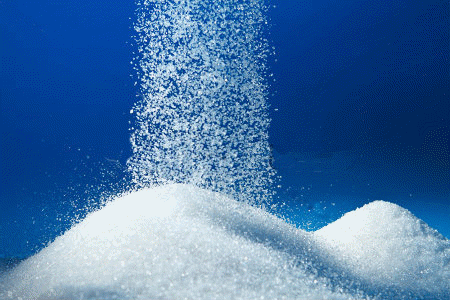 Carbohydrates provide energy for the body
Carbohydrates are one of the main dietary components.
This category of foods includes sugars, starches, and fiber.
Carbohydrates provide energy for the body
Carbohydrates are one of the main dietary components.
This category of foods includes sugars, starches, and fiber.
Carbohydrates are the class of carbon-bearing molecules, and they are used by the cell for energy storage and as structural molecules.
Sugars, the smallest carbohydrates, serve as fuel and carbon sources.
Monosaccharides (fructose, galactose) are the simplest sugars. They are used for fuel, converted to other organic molecules, or combined into polymers. Disaccharides (lactose, sucrose) consist of two monosaccharides connected by a glycosidic linkage. Polysaccharides (starch, Glycogen), polymers of sugars, have storage and structural roles. Starch in plants and glycogen in animals are both storage polymers of glucose. Cellulose is an important structural polymer of glucose in plant cell walls. Starch, glycogen, and cellulose differ in the positions and orientations of their glycosidic linkages.
The primary function of carbohydrates is to provide energy for the body, especially the brain and the nervous system. An enzyme called amylase helps break down carbohydrates into glucose (blood sugar), which is used for energy by the body.